Search
Search within Resources
1447 results found
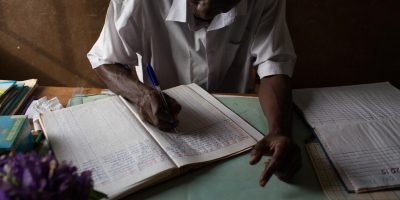
Evidence review
Antibiotic Prescribing in DR Congo: a Knowledge, Attitude and Practice Survey among Medical Doctors and Students
Antibiotic resistance (ABR) particularly hits resource poor countries, and is fuelled by irrational antibiotic (AB) prescribing. The authors surveyed knowledge, attitudes and practices of AB prescribing among medical students and doctors in Kisangani, DR Congo. This data shows the need for…
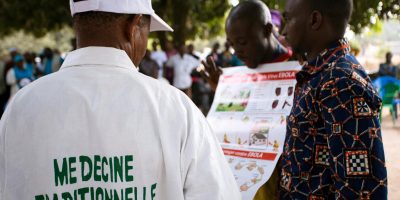
An Analysis of Community Perceptions of Mosquito-Borne Disease Control and Prevention in Sint Eustatius, Caribbean Netherlands
In the Caribbean, mosquito-borne diseases are a public health threat. In Sint Eustatius, dengue, Chikungunya and Zika are now endemic. To control and prevent mosquito-borne diseases, the Sint Eustatius Public Health Department relies on the community to assist with the…
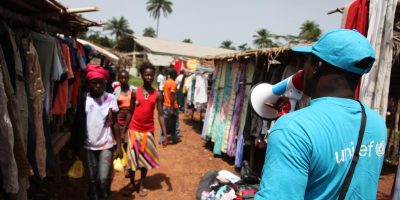
Briefing
Accomodating Dissent
Providing cures for health problems isn’t enough, if people’s personal or cultural beliefs clash with the scientific approach. Policy-makers must recognize and engage with these objections.
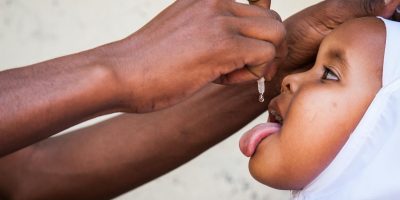
Background report
A Rapid Qualitative Assessment of Oral Cholera Vaccine Anticipated Acceptability in a Context of Resistance Towards Cholera Intervention in Nampula, Mozambique
While planning an immunization campaign in settings where public health interventions are subject to politically motivated resistance, designing context-based social mobilization strategies is critical to ensure community acceptability. in preparation for an Oral Cholera Vaccine campaign implemented in Nampula, Mozambique,…
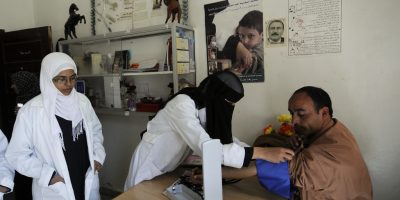
Background report
“It feels like I’m the dirtiest person in the world.”: Exploring the Experiences of Healthcare Providers who Survived MERS-CoV in Saudi Arabia
In summer 2015, a Saudi 1000-bed tertiary care hospital experienced a serious outbreak among patients of Middle Eastern Respiratory Syndrome (MERS); during which, some healthcare providers contracted the virus, but none died. The outbreak provoked not only fear and stress;…
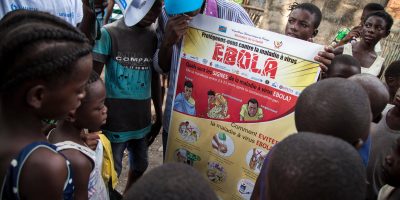
Briefing
Risk Communication and Community Engagement (RCCE) Considerations: Ebola Response in DR Congo
This document was developed by the WHO’s Health Emergencies Programme as a resource for the response to the outbreak in DR Congo in May 2018. It is intended to be used to guide risk communication and community engagement (RCCE) work…

Background report
Addressing Ebola-related Stigma: Lessons Learned from HIV/AIDS
Many stigmatizing attitudes and behaviors directed towards those with EVD are strikingly similar to those with HIV/AIDS but there are significant differences worthy of discussion. Both diseases are life-threatening and there is no medical cure. Additionally misinformation about affected groups…
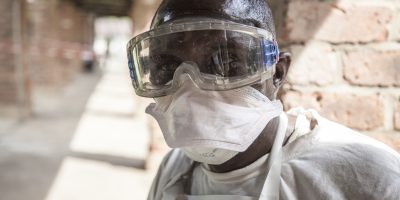
Evidence review
Socio-Cultural Considerations for Vaccine Introduction and Community Engagement fr
Key considerations and immediate recommendations, particularly for community engagement, in May 2018 for the Ebola outbreak in DRC.
Background report
Knowledge, Attitudes and Practices on Rift Valley Fever among Agro Pastoral Communities in Kongwa and Kilombero Districts, Tanzania
“Rift valley fever (RVF) is a re-emerging viral vector-borne disease with rapid global socio-economic impact. A large RVF outbreak occurred in Tanzania in 2007 and affected more than half of the regions with high (47 %) case fatality rate. Little…
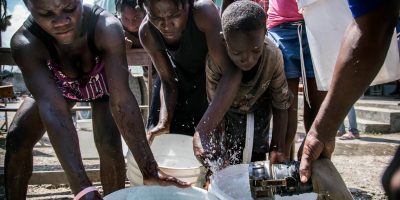
Evidence review
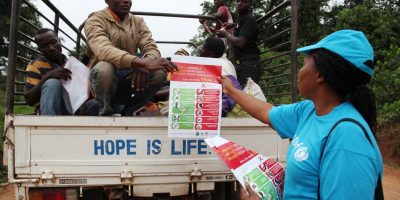
Evidence review
Rapid Qualitative Research Methods During Complex Health Emergencies: A Systematic Review of the Literature
The 2013-2016 Ebola outbreak in West Africa highlighted both the successes and limitations of social science contributions to emergency response operations. An important limitation was the rapid and effective communication of study findings. A systematic review was carried out to…
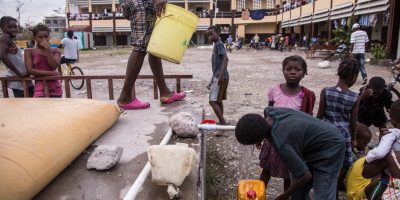
Background report
Recurrent Failings of Medical Humanitarianism: Intractable, Ignored, or Just Exaggerated?
Humanitarian health workers operate in dangerous and uncertain contexts, in which mistakes and failures are common, often have severe consequences, and are regularly repeated, despite being documented by many reviews. This Series paper aims to discuss the failures of medical…


